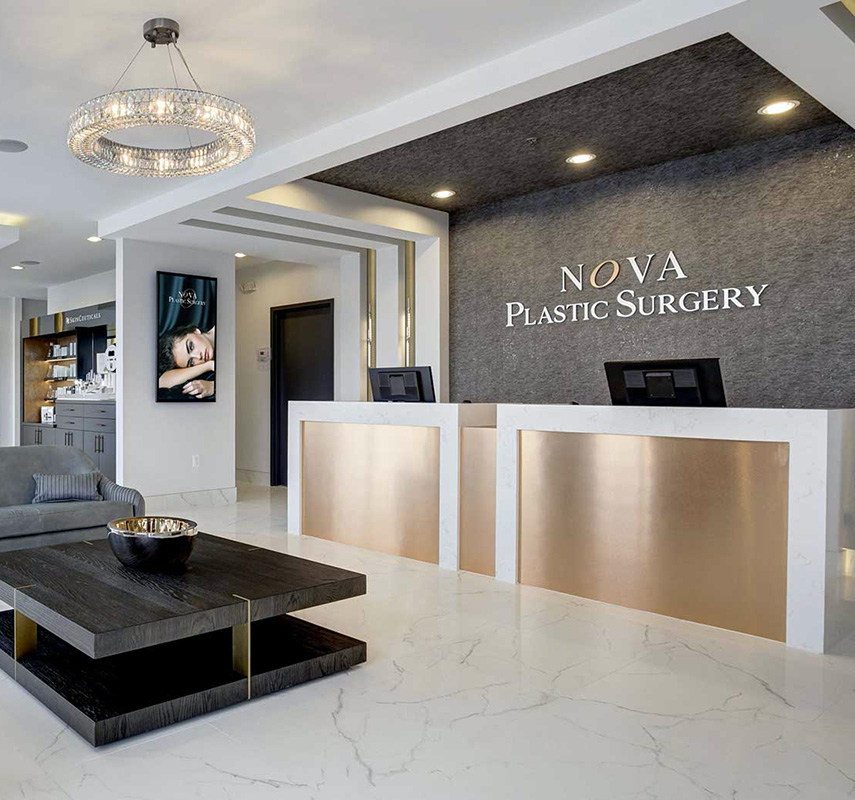For the first three months of 2013, we are covering the three aspects of facial aging, their causes, and the available treatment options, both surgical and non-surgical. Last month we covered the first aspect, skin sagging or droopiness. For February, we will be focusing on the second aspect: skin texture changes.
Changes to your skin texture can make you look older than you feel, and there are a number of them that can gang up on you, depending on your genetics and lifestyle choices. A few examples of skin texture changes include wrinkles and expression lines, acne scarring, hyperpigmentation, age spots, sun damage, dull skin, skin that looks dry, and an uneven complexion. Each of these changes can increase or become more severe as we age, especially if they are exacerbated by our own habits (such as sunbathing or smoking).
Other factors that can contribute to skin texture changes in your face include how much sleep you get, your nutrition, whether or not you wear makeup and what kind you wear, and your own complexion. Those with fair skin and fair hair generally show aging more quickly than people with darker complexions because the effects of the sun are more evident on their faces.
As we age, the epidermis (the outermost layer of our skin) thins, leaving our skins texture feeling more fragile. We begin to lose melanocytes, the skin pigment cells in our skin, and the ones we keep become bigger. That can make us look more pale, and the larger melanocytes can gather together in sun-exposed areas to form age spots.
Blood vessels also become less sturdy, which can lead to broken vessels under the skin that are visible in the form of cherry angiomas. Sun-exposed areas of the face are going to lose elastin and collagen more quickly, which can give us a weather-beaten, leathery look.
Overall, our skin will become thinner and more easily wrinkled, more easily damaged, and any abuse weve given it in the sun will begin to show up. Over this month, we will discuss what we can do about these issues both in reference to products and in-office procedures.
Please call our office with any questions or to schedule a consultation at (703) 574-2588. Follow us on Twitter and Facebook!


Skin Texture Changes: An Aspect of Facial Aging
Posted February 01, 2013 in News
